European Hydrogen Associations and Clusters Stress the Importance of the Green Hydrogen Economy to EU Leaders
Berlin. | Nine National Hydrogen Associations and Clusters from across the EU call to EU member states and the new EU Commission to take into consideration the importance of the emergence of a green hydrogen economy in the EU.
As the continent faces several essential challenges for its security at the same time, the National Hydrogen associations from Germany, Bulgaria, Estonia, Finland, Ireland, Latvia, Lithuania, Poland and Sweden are reminding that building a green Hydrogen Union and enabling the trade of renewable energies via molecules strengthens the resilience, independence and competitiveness of the EU and its member states as well as their geostrategic position and capability to efficiently battle against climate change.
The EU Commission has set ambitious goals for hydrogen with its RePowerEU programme and emphasized the role of green hydrogen in the transition to a sustainable and resilient energy supply. The EU has a target of 10 million tons of domestic renewable hydrogen production and 10 million tons of renewable hydrogen imports by 2030. To achieve these targets in the next EU election period, member states, the EU Parliament and the European Commission must therefore act over the next five years in order to achieve this goal, in coherence with the geostrategic importance of the green hydrogen market. The strategic agenda for the next five years has to be in coherence with these goals.
The associations and clusters therefore emphasize that green hydrogen improves the global situation of the EU by
- guaranteeing a secure, renewable and affordable energy supply;
- strengthening the European idea of the common energy market when trading hydrogen across the continent;
- developing the European economy into the leading supplier of hydrogen technologies and creating up to 5 million jobs for well-skilled workers;
- tackling climate change through the scaling of hydrogen technology and by substituting fossil fuels and energy sources.
The associations and clusters will now share the joint call with their respective national representatives and administration as well as the newly elected EU commission and remain in contact over this next phase for the hydrogen ramp up in the EU.
You can read the entire joint call [[here]].



